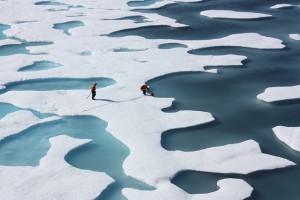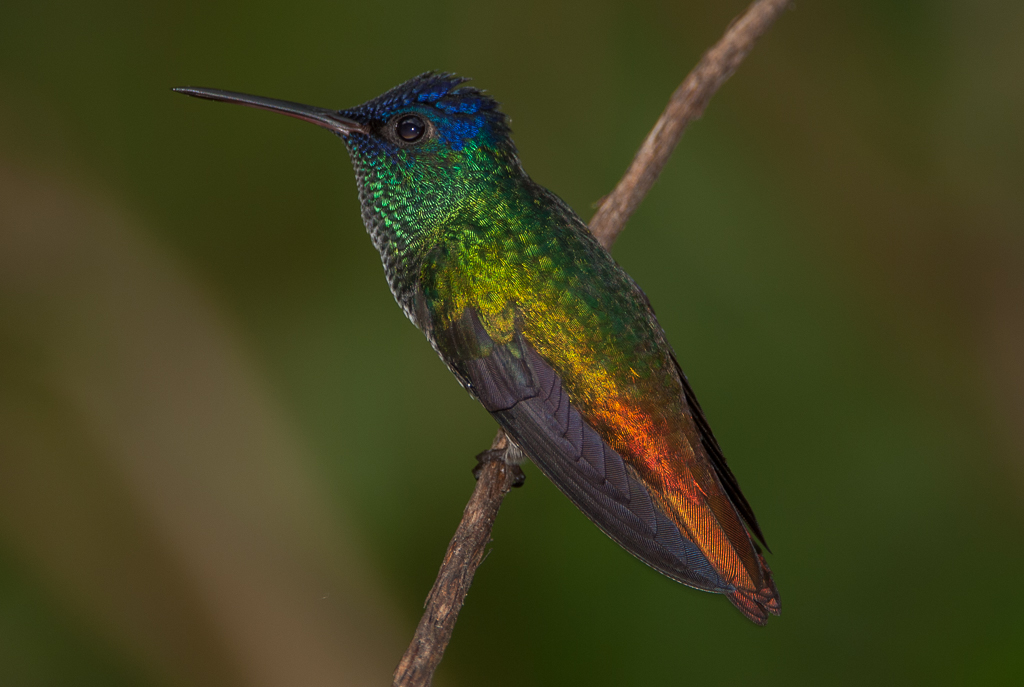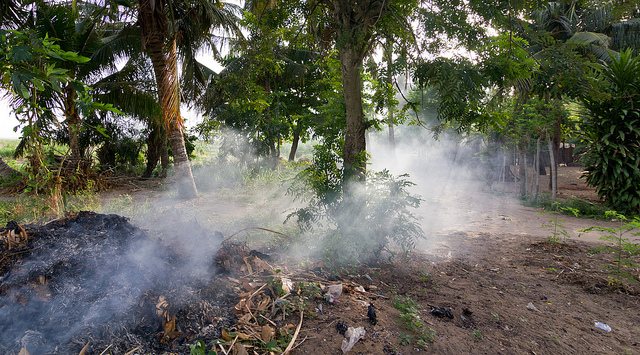Scientists more certain humans cause global warming
A much-awaited United Nations report on the science behind climate change says scientists are 95 percent sure that humans are the “dominant cause” of global warming since the 1950s. The document, which is meant to serve as a guideline for policymakers to shift towards greener energies, warns that the impact of greenhouse gas emissions could linger for centuries.
The report by the Intergovernmental Panel on Climate Change (IPCC) is considered the most comprehensive document on our understanding of the mechanics of a warming planet and the physical evidence behind it.
The following are the main findings of the report:
- Global warming is “unequivocal,” on the ground, in the air and in the oceans. And It’s “extremely likely” or 95 percent likely that human activities, led by the burning of fossil fuels, are the main cause of a rise in temperatures since the 1950s.
- Concentrations of carbon dioxide and other greenhouse gases in the atmosphere have increased to levels that are unprecedented in at least 800,000 years. The burning of fossil fuels is the main reason behind a 40 percent increase in C02 concentrations since the industrial revolution.
- Short, individual periods, such as 1998, which was an unusually warm year, are influenced by natural variability and are not an indicator of long-term climate trends.
- Global temperatures are likely to rise by 0.3 to 4.8 degrees Celsius, or 0.5-8.6 Fahrenheit, by the end of the century depending on how much governments control carbon emissions.
- Sea levels are expected to rise a further 10-32 inches (26-82 centimeters) by the end of the century. That will pose a threat to coastal cities from Shanghai to San Francisco.
- The Greenland and Antarctic ice sheets have been shrinking over the past two decades. Glaciers have continued to melt almost all over the world. Arctic sea ice has shrunk and spring snow cover has continued to decrease, and it is “very likely” that this will continue.
September 27, 2013







